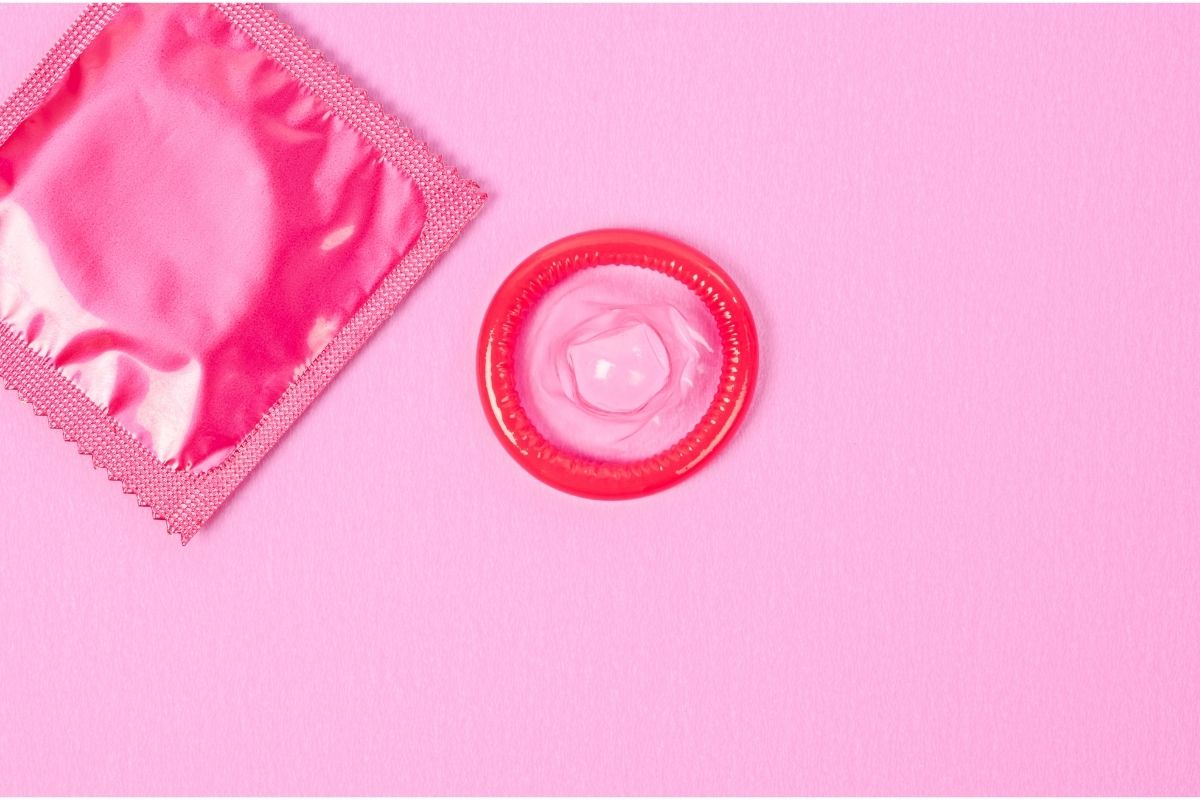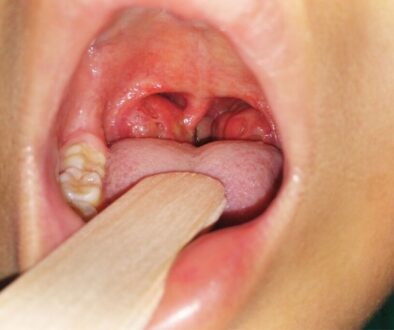Should I Use Condoms during Oral Sex?

Published Dec 21, 2020
It’s great to see condom sales trend upwards over the years, as it shows that people are paying more attention to contraception and their sexual health in general. However, most people limit their condom usage to penetrative sex as a means to prevent pregnancies. A study was conducted in the United Kingdom from 2003 to 2005 on young people and condom usage during oral sex. The results showed that only about 2% of respondents used a condom more than once when engaging in oral sex. With the numbers behind it so low, should you be using a condom during oral sex? Here are the facts.
Should you be using condoms during oral sex?
People are quick to set condoms aside during oral sex because of the reduced sensitivity and pleasure they receive from their use. But condoms serve a dual purpose by not only preventing unwanted pregnancies but also reducing the risks of contracting STIs.
Sure, when you compare oral sex to vaginal or anal sex, it definitely seems like the “safer” option, but it isn’t inherently safe either. Many STIs can be transmitted through genital-to-genital contact as well as genital-to-oral contact, so STIs will be a risk, especially if you don’t take the necessary precautions.
As with preventing pregnancies, condoms are incredibly effective in preventing STI transmissions too. Similarly, they aren’t a foolproof guarantee against them either. But to answer the question “should I use condoms during blowjobs and oral sex?” the answer is a resounding yes.
Condoms should be a mainstay for anyone sexually active, particularly if they have multiple sex partners. Not knowing someone’s sexual history should be enough motivation to use barrier methods like condoms to prevent STIs. Speaking of STIs, let’s talk about the common ones you might contract during oral sex.

What are the most common STIs spread through oral sex?
Each STI has a different likelihood of getting passed on depending on the mode of transmission and the type of infection (viral, bacterial, fungal, or parasitic).
According to the CDC, these are the STIs that are typically passed through oral sex:
- gonorrhea
- genital herpes, which is usually caused by herpes simplex virus 2
- syphilis
The following infections are less frequently passed on through oral sex:
- chlamydia
- human immunodeficiency virus (HIV)
- hepatitis A, B, and C
- genital warts, which are typically caused by human papillomavirus (HPV)
- pubic lice
These two may also be transmitted through oral sex, but the frequency of their occurrence is not as well known.
- herpes simplex virus 1
- trichomoniasis
How should I talk to my partner about this topic?
Condoms and contraceptives, in general, can be a bit of a touchy subject for most couples. It gets even more difficult in the heat of the moment when clothes start coming off. Here are some ideas of things you can say to begin this conversation:
- I read something online about using condoms during oral sex, and I wanted to hear your thoughts on the matter.
- I’ve been having a lot of fun spending time with you lately, and I’d like to spend even more. But before we go any further, I’d like to talk about using protection with you.
- Hey, can we talk about using condoms the next time we fool around?
Communication is crucial in establishing limits and boundaries in your relationship, specifically your sex life. We recommend having a quality sit down with your partner before any misunderstandings arise.
How do I make blowjobs more enjoyable with a condom on?
The main reasons people opt not to use condoms during oral sex are because of taste and sensation.
As for taste, most people complain that the latex or polyurethane flavor that lingers is quite pleasant. To solve this, try condoms of other, more natural materials. You may also try flavored condoms or lubricants as long as they will mesh with the material of your condoms. Oil-based lubricants should not be used with latex condoms, as they could damage the material, causing it to break.
To make up for the sensation you lose when using condoms, you may opt for their ultra-thin variations in the market. Studies have shown that there is no correlation between condom thickness and effectiveness. In fact, some of the most durable and highly rated condoms are the thinner ones.
Suffering From Herpes Type 2 Outbreaks?
Herpezine is a specially formulated all-natural mixture of ingredients proven to help relieve and prevent HSV2 outbreaks when used as directed. This safe, over-the-counter Herpes treatment contains both traditional homeopathic and scientifically proven anti-viral ingredients such as L-Lysine HCI and Bee Propolis. Learn more about Herpezine on our website and visit our pricing page to purchase your first bottle.

About The Author
Terrence Tan Ting is an industrial engineer by profession but a full time writer by passion. He loves to write about a wide range of topics from many different industries thanks to his undying curiosity.





